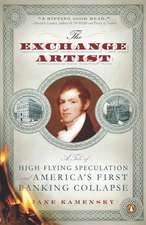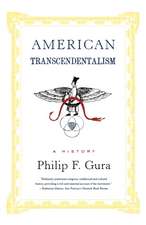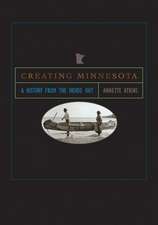A Long-Lost World War I Narrative "Once A Marine" is the true story of the life of a private in the U.S. Marines on the battlefields of Northern France during the First World War. The author, Levi E. Hemrick, did not set down his narrative until nearly 50 years after the somber, bloody, exhausting and at times hilarious event he describes. Blessed with the vivid, selective memory of an artist and a half century of gestation, Hemrick penned a memoir that was a skillfully blended admixture of prosaic fact and deeply pondered comment. The day-by-day incidents of almost forgotten battles are recalled with a purity refined by the passage of time. In this book - the first edition of which is now extremely hard to find - Hemrick did not attempt a strategic assessment of the battles in which he took a valorous part. His is the frankly confessed worm's-eye-view of one private soldier who was unaware of even the most minor tactics of his own platoon. One Man in the Trenches The result was a memoir unfettered by any complicated responsibilities or a temptation to rewrite events to justify his own part in them. Hemrick's is the straightforward account of what he himself saw and was called upon to do - first to carry food up to the men in the front line and, later, to bear the wounded to the most forward ambulance position. In the course of these stretcher-bearing duties he received wounds to arm and ear that handicapped him for the rest of his life. "Once A Marine" may not be history in the wide, all-inclusive sense, but any historian of the Great War would be unwise to ignore a story the veracity of which shines out of every line and which can claim with complete confidence to represent the experiences of the average Boche, Pollu, Tommy and Yank in the trenches long ago. With a new foreword by historian Charles Culbertson - who, as a boy, knew Hemrick and read the original manuscript of "Once A Marine" - and biographical material, one of the rarest of World War I memoirs is now available for the first time in more than half a century. From "Once a Marine" "As we moved deeper into this stream of human misery, our men for the first time were brought face to face with the fact that war was a sad business, a costly one whose product was mostly misery and despair, pain and death, a kind of reward only the devil and his kind could want or enjoy." "The Germans were professionals. They didn't expect or believe that the amateur, undisciplined, over-indulged, soft life our boys lived at home, plus absence of training and experience, could or would produce the physical toughness and the will to stand the pain and hardships required of a good fighting soldier. So the Germans waded into the Americans with the confidence of old time professionals expecting to smash and push them aside and get going on their march to Paris. To their surprise, these Americans did not push so easy."














